Have you scrolled through TikTok, Instagram Reels or YouTube shorts lately?
Almost every popular magic account is making a ‘shush’ gesture to the camera, then exposing some trick to a person who’s sitting within 2 inches of them, pretending not to see the set-up.
The sad reality is, the fastest way to gain likes and subscribers online is exposing magic or showing your ass.
Mix magic exposure with a pretty girl and you’ve got jet fuel for your fame fire.
This formula is a cheat sheet to likes & subscribers—and often becomes the foundation for a bait & switch to build an audience to eventually sell to.
Advertisers would call this a ‘freemium’ business model. Giving the simple stuff for free and then charging for more premium secrets & features.
The popularity of these exposure videos will incentivise more public videos.
Sometimes, it’s a good thing... If the methods are original to the creator teaching them, or they're public domain but taught by a genuine pro.
But this new, short-form, TikTok-generation exposure is getting magicians concerned. Concerned that their methods are being revealed in under a minute to millions of passive scrollers.
Scrollers who can now undervalue them as professional entertainers, or worse — as artists.
So if you love magic, what can you do about it?
The one word answer is “nothing”. Rivers flow down the path of least resistance. Magic on a mass-level is destined to go through this cycle:
Interest > love > distain > meme > reduction
- It’s interesting to see how it’s done.
- You follow because you love seeing how it’s done.
- You’re annoyed that all these secrets that once fooled you are so simple.
- You make fun of magicians doing tricks you know the method to.
- Magic is reduced in value to an audience. Maybe even seen as child’s play.
But there are some things you can do personally to mitigate this impact on your own magic.
Solution #1. Less easy stuff
A Michelin star chef isn’t threatened by a free recipe video online.
The time they put into his/her dish, their experience, their ability to innovate. That’s where the value is.
Any chump can put cheese in bread, but a chef’s grilled cheese vs a laymen’s grilled cheese is world’s apart.
The same can be said for magic.
Recently, we did a survey where a combined 47% of voters (almost half) said they don’t perform a trick if the method is too complicated or not what they expected.
This is more dangerous for magic than exposure. Because it shows how much value some magicians place on the method.
That means, if someone exposes that method, your trick is ruined. Worthless.
That’s a precarious position to be in, especially if you make your living from performing magic.
But can your spectators learn & retain every method for a given plot? Or are they just learning the simple ones?
For example, a French drop is available to learn on YouTube or Instagram within seconds.
But do they know about Danny Goldsmith’s flip flop vanish?
Will they learn the psychology and theory behind Peter Turner’s peek?
No. They won’t.
Your biggest weapon against your methods being exposed is to learn more methods. To have more tools at your disposal than you did before.
STORY: CATCHING A DOUBLE LIFT
During a performance, a guy asked me a question that exposed the concept of a double lift to every other spectator watching.
“Is that two cards? I saw a video on YouTube showing a simple trick where you take two to switch it" he said loudly.
I said “nope, just one” and performed a KM move to hand him the single signed card.
This simple 'get out jail free' move did two very important things.
- It solidified to him, that I wasn’t using a simple method he’s passively learned. Even though I actually was.
- It elevated me and my skills to the rest of the audience. Because if one spectator who knows the secrets to other magicians is wrong, then I must be doing something way more special. Maybe even real?
I proceeded to still use a double lift in my set, multiple times — and it fooled everyone.
Knowing another method saved my first one.
#2. More development of your magic
So I’m going to throw you for a loop here… Sometimes, a simple method, even if they may have seen it exposed online, can still fool them.
By adding layers of deception, theory, misdirection, audience management & framing— you can turn a double lift into a miracle. You can turn a non-existent coin into something they “see” vanish.
99% of us don’t think about our magic like that.
I’ve specifically gone out on a night out and performed as many top changes in a row as I can (for a card to pocket effect). It was an exercise purely for me, to work on my body position, my eye contact, my framing etc.
There is more to magic than method, and by adding layers to yours, you’ll make your performances bullet-proof to exposure.
#3. Accept that the new way of getting into magic is FREE
Magic has been devalued by this exposure. No question about it.
But the new way of getting into magic is free. We have to accept it. It's an unstoppable train.
We’re sad that it is true, because it’s a threat to our very business model. But our biggest competition isn’t other magic shops, it’s social media tutorials.
There are two potential upsides to this:
- It’s the new way that magicians are falling in love with magic and coming into the art. 300,000 people will watch a TikTok exposure video, maybe 1,000 people will seek out more magic tutorials online. Maybe 300 people will learn enough to fall in love with magic and pursue it with passion.
- That it pushes the real secrets and gimmicks underground and behind more expensive paywalls. Making it easier for those who innovate to make a living from their efforts.
Magic shops should increase their prices, not just because costs are through the roof in recent years, but because we need to put a fair price on THE BEST magic.
Photographer Chase Jarvis has a good line…
“You’ll never turn a $500 client into a $5,000 client.”
What he’s saying is, when someone has an expectation of your value, it’s very hard for you to charge more down the line. The value you’re giving may increase in line with your acquisition of more skills — but what they expect to pay, won’t.
Similarly, if you focus on giving away every piece of value for free, you train your new audience to expect it for free.
When it eventually has a price tag, you’ll find it way harder to convert those fans to actual paying customers.
Thus, constant exposure accounts are like snakes eating their own tail. They will all pivot away from free tutorials eventually. In their efforts to find paying customers and not passive subscribers.
I watched Derek Muller’s Veritasium video last night, but I’m not a threat to physics or those who seek to make a living from it. I’ve learned what I was shown, for free, passively. But that exposure of knowledge doesn’t arm me with enough to threaten the jobs of those within the field.
Why? Because those who know and those who do are two very different people.
Methods can be exposed, but if your magic can be reduced to method alone, then you can’t be bitter about having your hobby devalued.
If you're only willing to take the easy road, you can't expect to be held in the highest regard or 'revered' for your skills.You have to earn that acclaim through constant development and practice.
So the question is not 'how do we stop exposure?', it's happening whether we like it or not.
The question instead should be 'how can we elevate ourselves past the point where exposure can hurt us?'

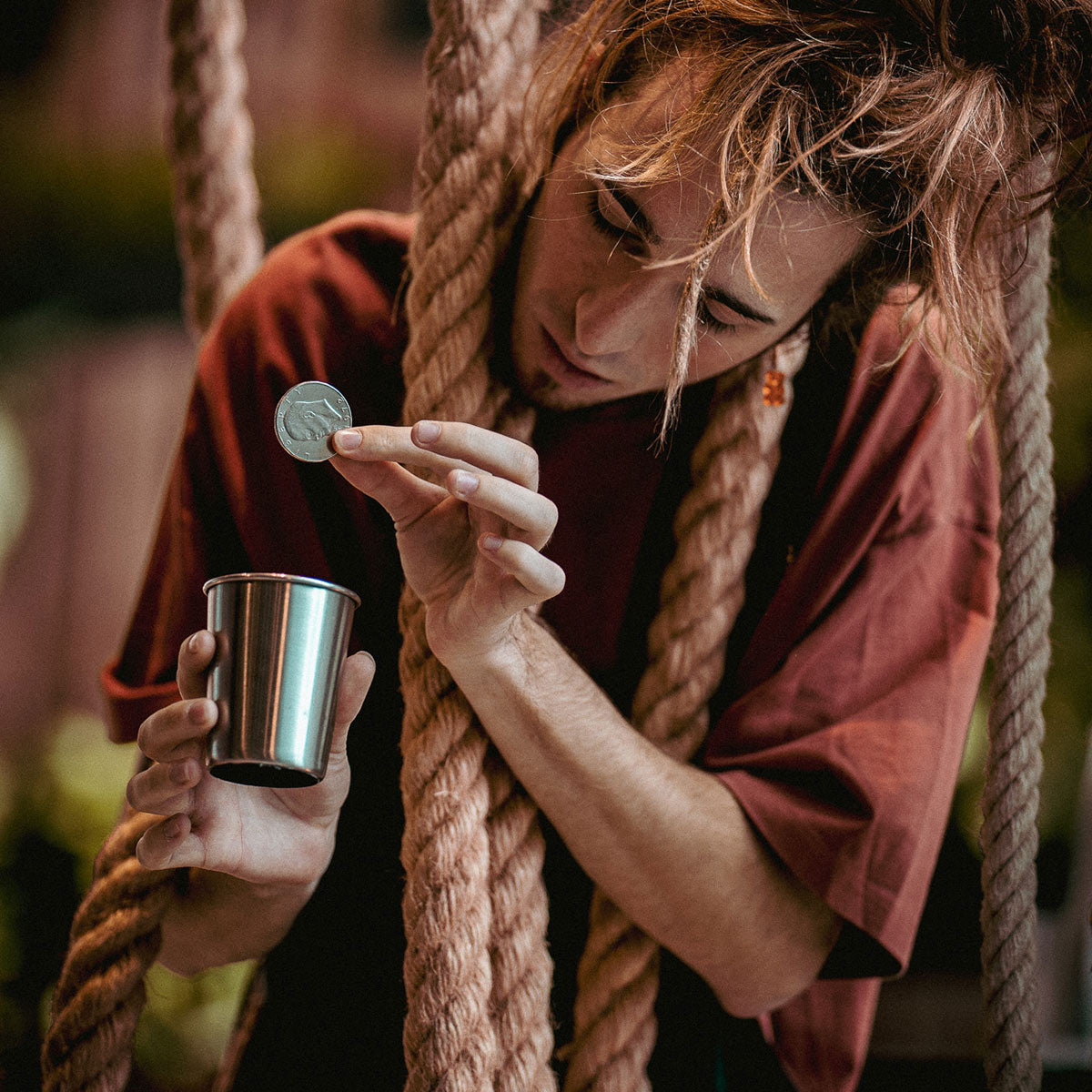
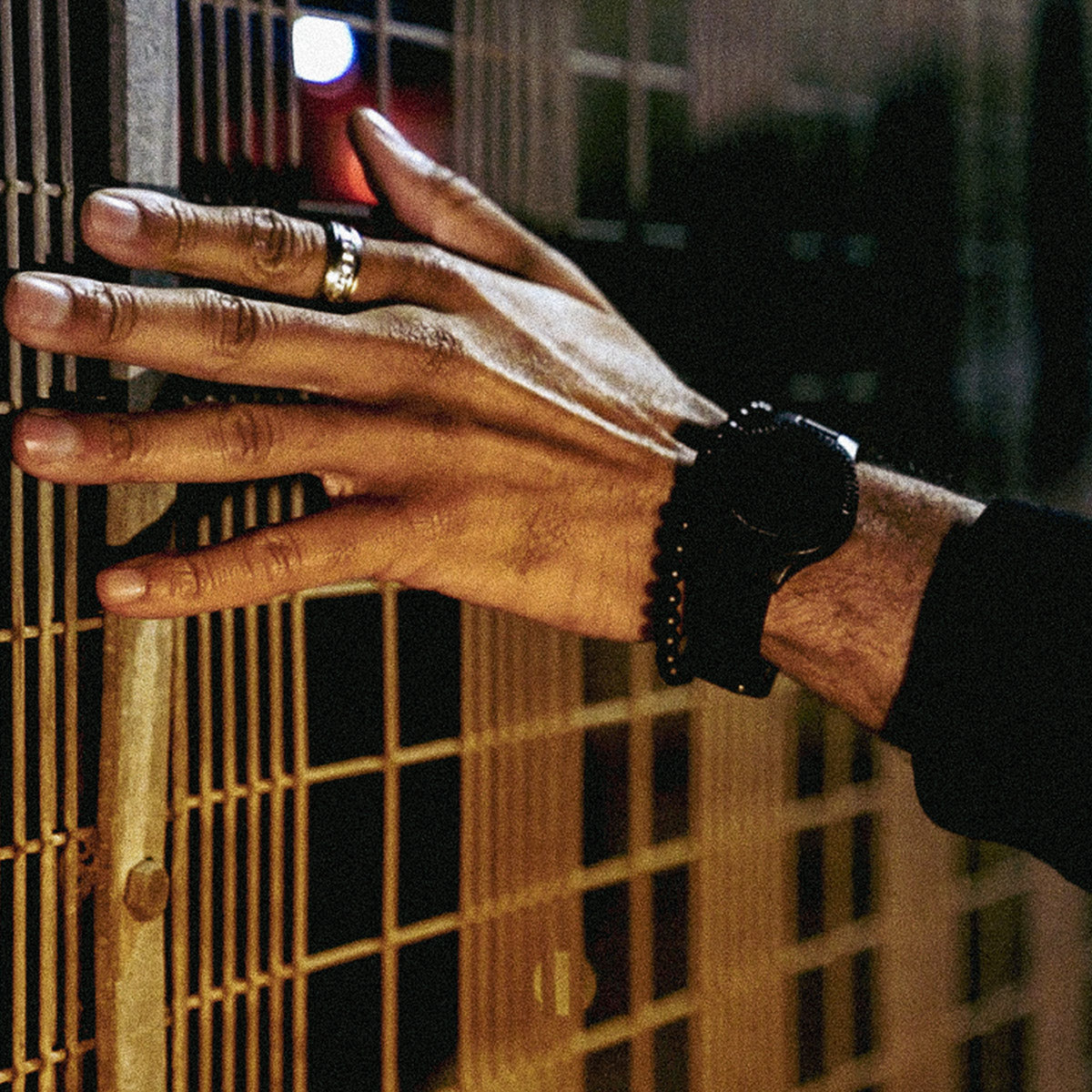
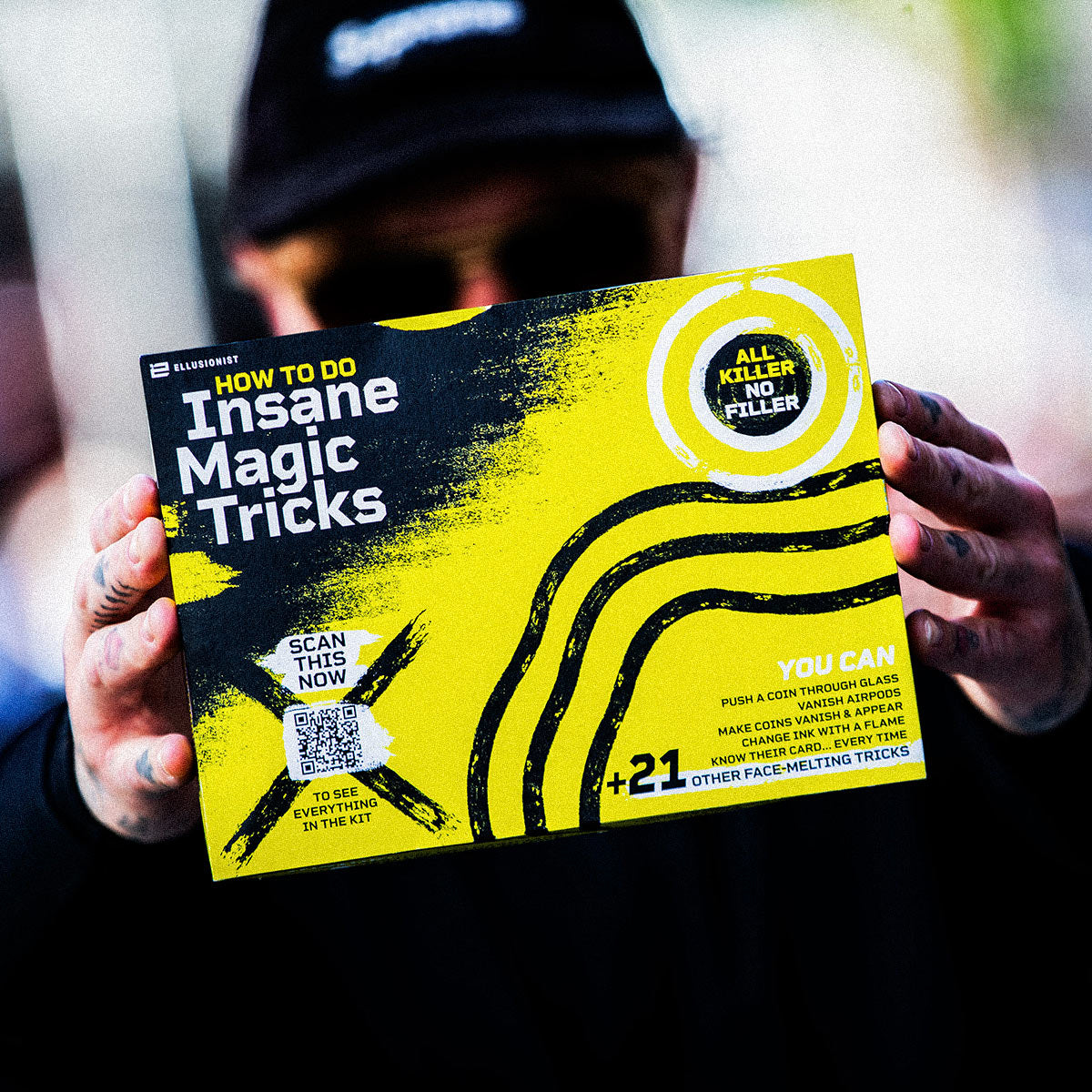
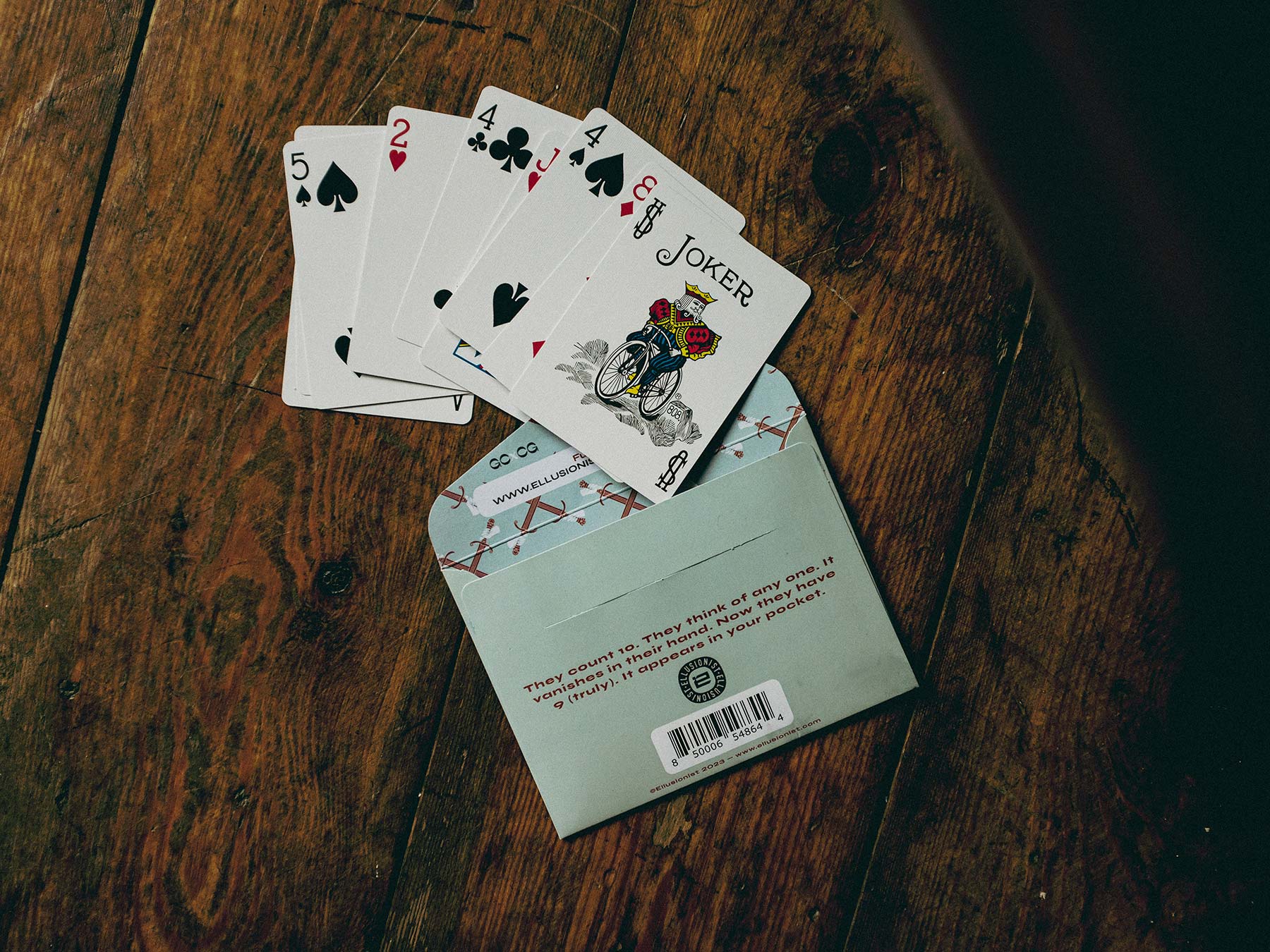
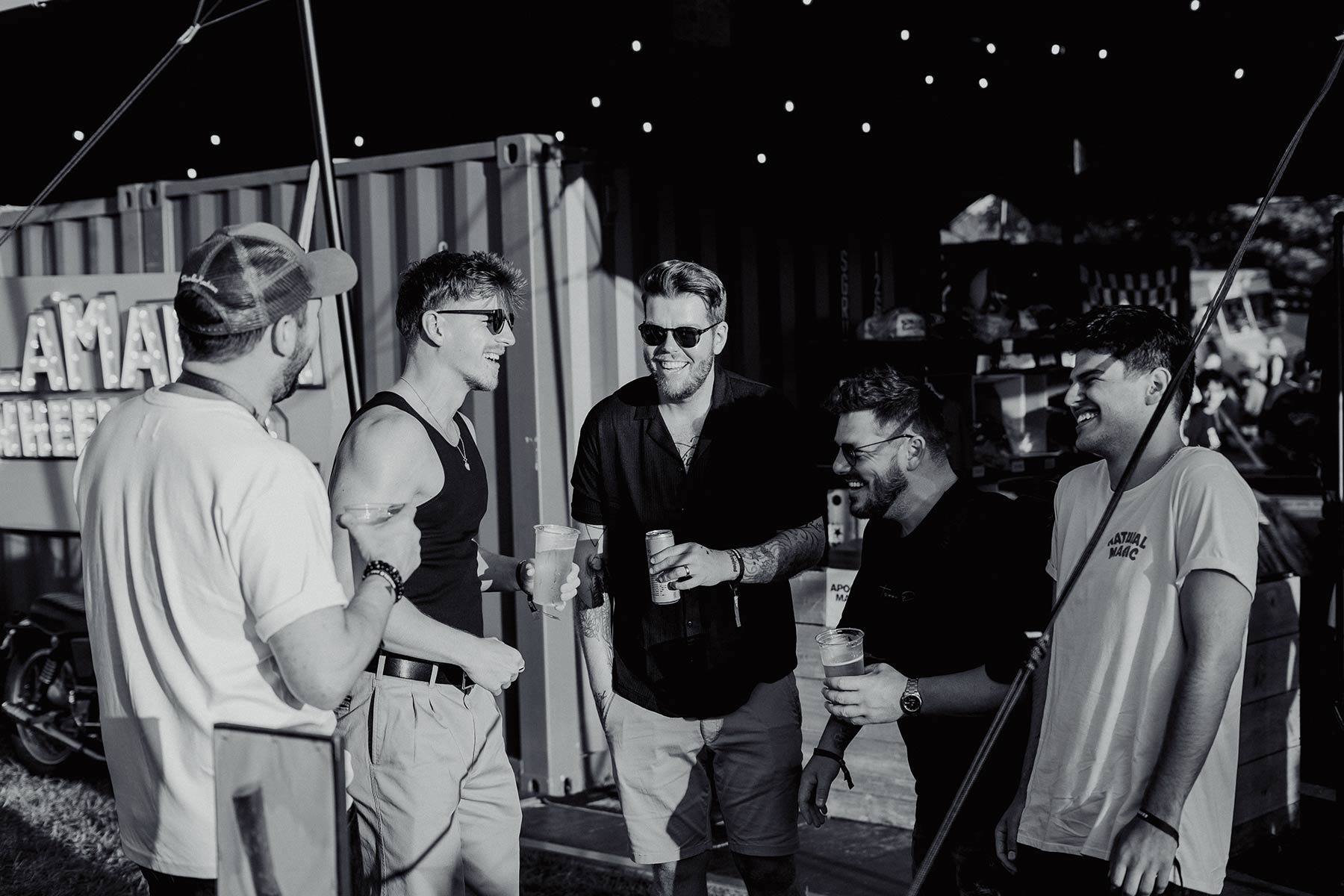
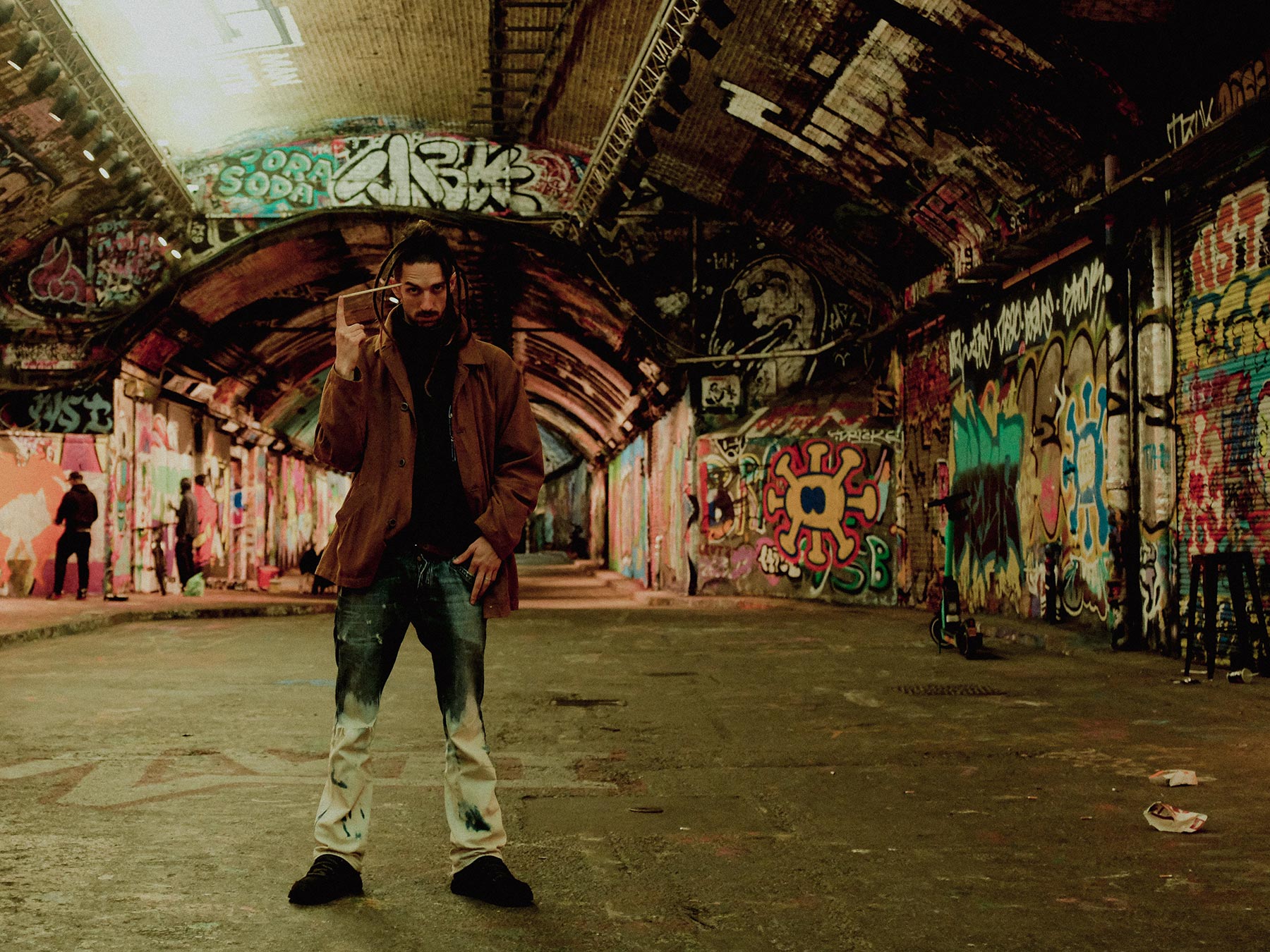
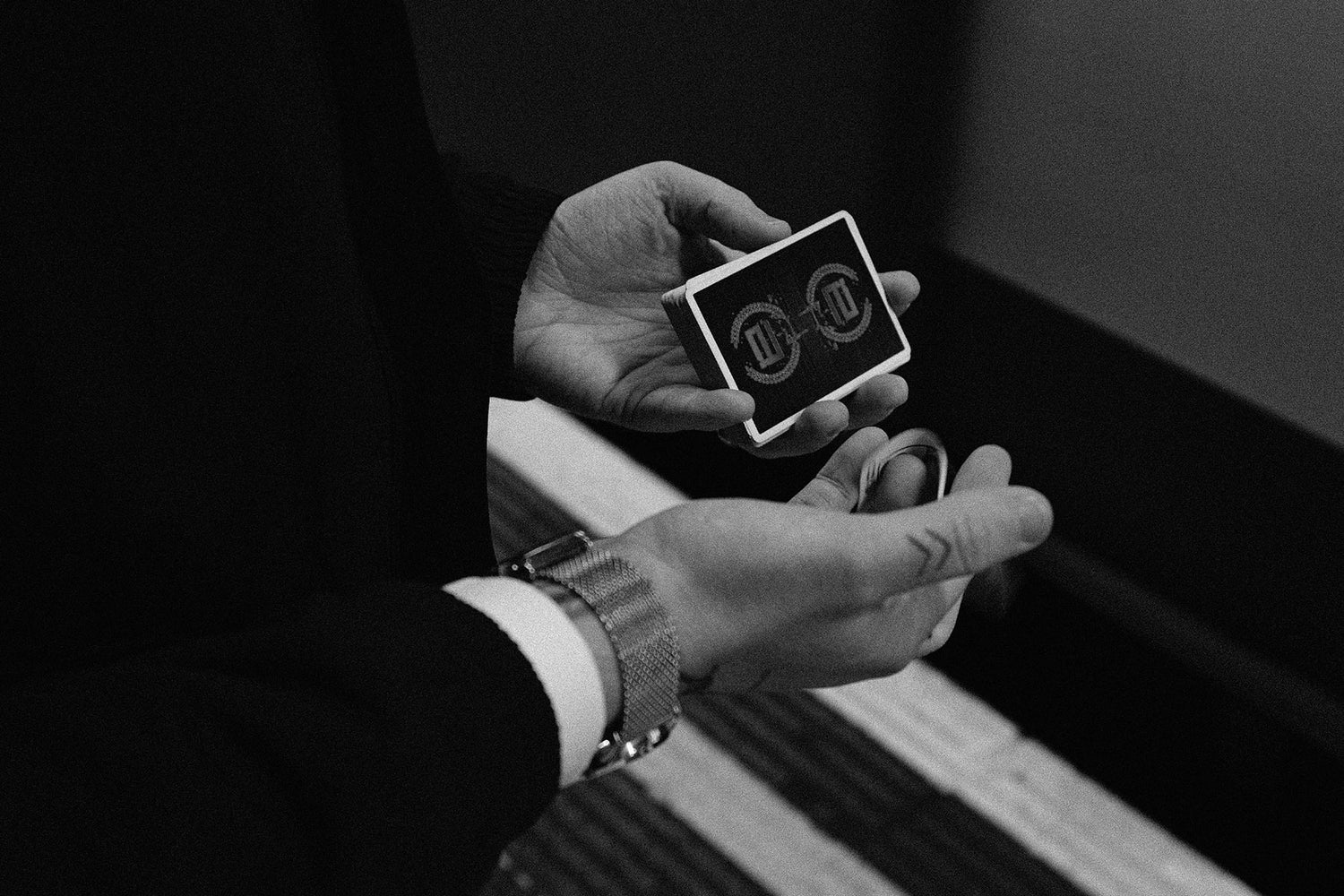
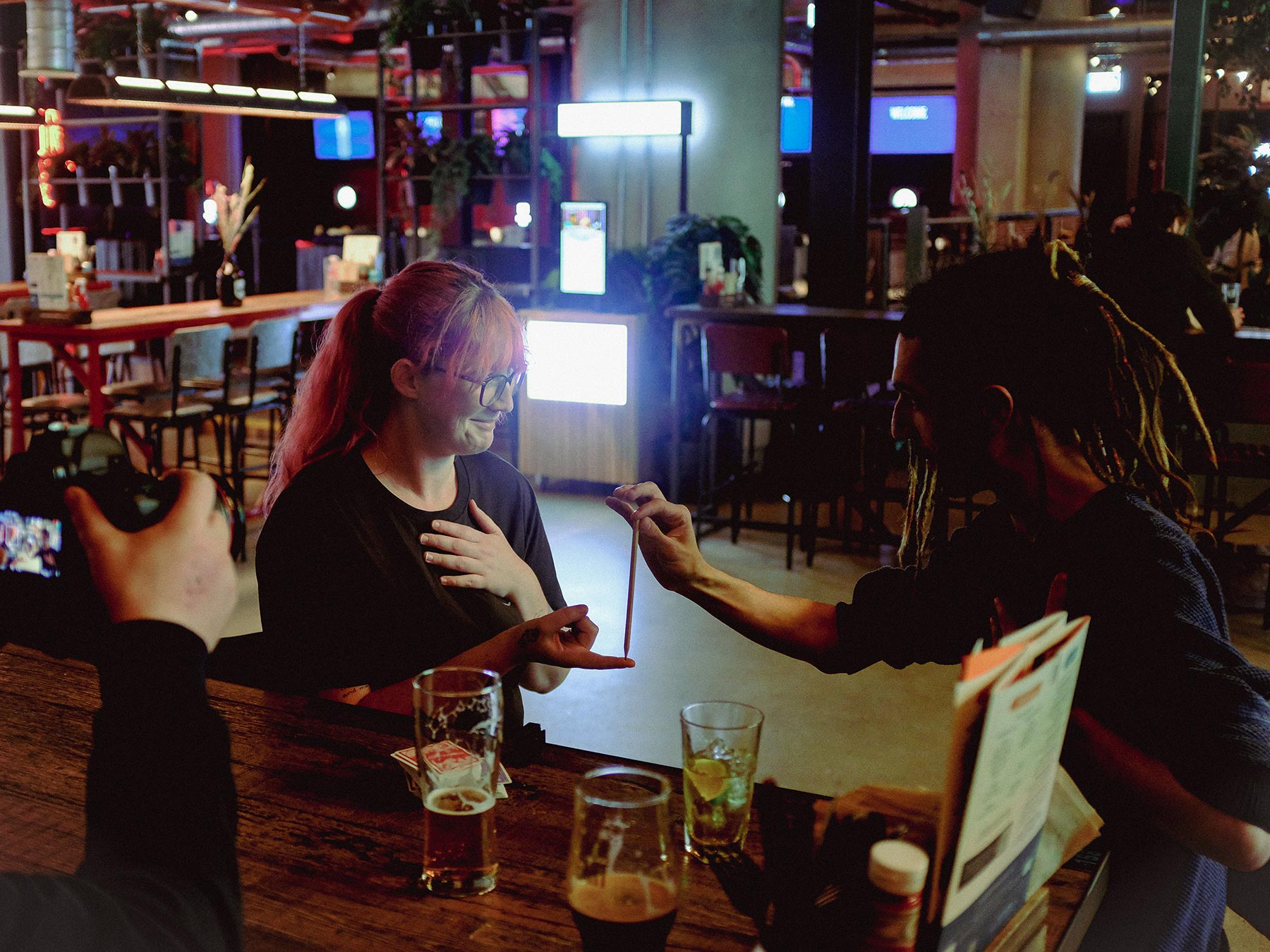

22 comments
Daniel Chan
Concerning the controversy surrounding Murry’s exposure to the flowers that retract into the tube base. I initially excused the exposure, justifying it with the logic, “It’s an outdated trick.” However, the underlying method is similarly employed, in reverse, in a version of the more contemporary effect, a version of the master prediction where the load is pushed up through the base tube. This version is performed by working professionals and was recently featured on Masters of Illusion. Now I’ve changed my position on excusing his exposure as it makes it more challenging for those who perform.
V'1LL1N
“Why? Because those who know and those who do are two very different people.
Methods can be exposed, but if your craft can be reduced to method alone, then you can’t be bitter about having your life-long rules devalued.
If you’re only willing to take the easy road, you can’t expect to be held in the highest regard or ‘revered’ for your skills.You have to earn that acclaim through constant effort, development and practice.
So the question is not ‘how do we stop exposure?’, it’s happening whether we like it or not.
The question instead should be ‘how can we elevate ourselves past the point where exposure can hurt us?’
-Also said/asked by Pro Wrestling 10 years ago – very similar I’d say!
Oz Latrobe
Indeed there is a certain desire to keep the secret of a trick a mystery. But two points:
1. the people who watch these videos on Youtube are really a very small part of the magician’s audience. For the most part those watching are new magicians attempting to learn the method of doing the art.
2. The method of doing the trick is NOT the art. The art is the presentation. A person can watch the video, but still not really understand how to present it in an effective way that will still WOW even the person who ‘knows’ the mechanics. It’s rather like a parable: many will hear and watch, but only the rare person who has the soul to understand what is going on is going to understand how to incorporate it into life. Even those who do understand the mechanics cannot actually do the trick nor present it in a way the truly astounds the audience. It is easy to ‘know’ how to do a simple double lift, but it requires great skill to do one undetected, or to incorporate it into a routine such that it totally fools the audience. Do you understand the venturi effect, sure, but can you build an airplane, neither can 99.5% of the people who fly in them.
In any event, it is the patter and the presentation which makes even well know moves astound an audience. Even Penn and Teller, on their TV show, though they could name the specific moves that the presenter used, were often amazed at the effect of the performance.
And remember, 99.5% of your audience hasn’t watched the Youtube video, so only one out of two hundred people will have even the slightest clue as to the method used.
And any fool can know how marble is carved into a statue, but how many of them can creat a Pieta. That is Art.
Wizard
I very much agree with the initial approach to avoid “exposure” during a show along with a few other tips.
The best way to “hide” a method is to be able to blend it to another method to avoid any hint of exposure. I’m sure by now we have all seen more or less which methods are exposed. Adding layers of methods around the method being used not only helps to hide the techniques used but also gives us the challenge to be able to construct our own and unique routines. As professionals we should already be practicing the ability to find different outs to any magic that we perform. Misdirection at this point is perhaps more necessary than ever. Clever misdirection placed at the right time can easily throw off any speculation.
One tip Jeff McBride shared, or expressed, in one of his teaching videos/DVDs was that some times simple and clever methods were much better than using over the top and complicated methods.
I think we need to think more carefully about our position in the art form of magic. Are we performers? Are we demonstrators (like dealers)? Are we the hobbyist or are we the layman who happens to know a trick or two? As performers, the real value to our magic is in our ability to put on a show and truly entertain. If the people are entertained by what we are doing and not how we are doing it(at least to a small degree of wonder) then I believe we can call ourselves performers.
Practice the methods of course but bring on the performance and entertain the crowd.
Blessings all.
Wizard
Magicmrp
It’s a hopeless cause believing we can stop this childish exposure occurring on social media. The ‘performers’ doing this are only interested in likes and some twisted form of fame and sadly not magic at all. There is however one basic the exposure gang haven’t sorted yet. In my work, I keep a TT and several other effects in my pocket for younger visitors. If I for example, have a row of jewels on a piece of plastic, how do you search that effect for exposure if you don’t know what it’s called? I watch a lot of these exposure videos and in 70% of them they get it completely wrong. My only other issue is with Tenyo. Surely they have copyright and broadcast rights over their creations? Isn’t Tube and Insta etc broadcasting? Just a thought…
Leave a comment
All comments are moderated before being published.
This site is protected by hCaptcha and the hCaptcha Privacy Policy and Terms of Service apply.